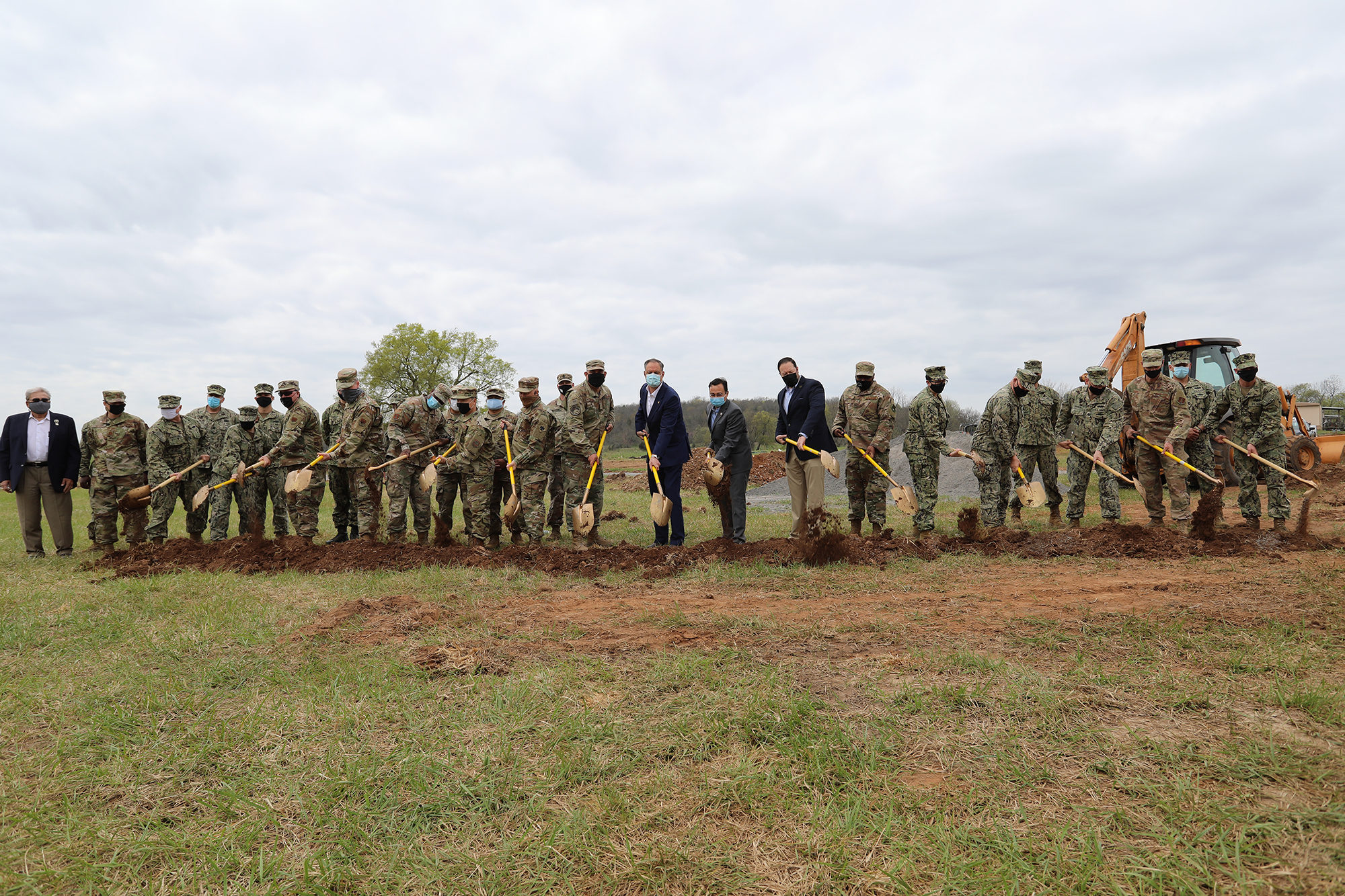
- Details
- By Chuck Hoskin Jr
Cherokee military veterans have made great sacrifices to protect our tribal nation and the whole United States. None of our honored veterans should ever have to go without comfortable and safe housing. That’s why I’m excited about a joint project between the Cherokee Nation and the U.S. Department of Defense to build 21 new single-family homes specifically for veterans in our capital city of Tahlequah.
The Mige Glory Housing Addition will be named for the U.S. Army veteran and longtime member of the Council of the Cherokee Nation. Mige was a pillar of service to our tribal nation and our country.
Want more Native News? Get the free daily newsletter today.
Construction of these homes not only benefits our Cherokee veterans, but the project will also provide training for military units to improve their deployment readiness. As part of the DoD’s Innovative Readiness Training (IRT) program, the Mige Glory Addition is being built by joint military units, giving them a hands-on training experience. The personnel are learning important residential construction skills, including framing, pouring concrete, roofing and electrical work. These skills often become necessary on active missions around the world. Additionally, trained civil engineers are able to apply their talents to help veterans within our reservation.
For the next three years, guardsmen and reservists from the Marines, Army, Navy and Air Force will continue to finalize the homes for occupation. Personnel involved in this project have come from 23 states so far.

This is the first joint project of its kind in Oklahoma, and it’s the start of something that can make a big difference in the lives of our Cherokee veterans and their families. Native veterans are disproportionately affected by homelessness, and the more we can do in the area of housing, whether its emergency rental assistance or this type of long-term housing solution, the better. We must keep a strong focus on this problem until no Cherokee veteran is at risk of homelessness.
This project – the Cherokee Veterans Housing Initiative – has been spearheaded by Cherokee Nation Secretary of Veteran Affairs S. Joe Crittenden and the Housing Authority of the Cherokee Nation, working in collaboration with the DoD. Master Sgt. Mitchell Sisco, operations manager for the IRT program and a Cherokee Nation citizen, has also been key to this partnership.
This is an example of true government-to-government collaboration that benefits both partners. Cherokee Nation’s Housing Authority will retain ownership of the 21 homes. When a veteran no longer needs the housing, another Cherokee veteran who is at risk will be able to move in.
We know from talking to the teams of builders that they feel a sense of pride, honor and duty building something that will be used by a fellow veteran. It is a gift to be sure. Additionally, we have been able to share the unique heritage and history of the Cherokee Nation while the teams have been stationed on the reservation. Sharing that cultural education is another benefit for military members who must be ready for deployment to areas with a different culture.
Cherokee Nation holds our veterans in great respect. I am proud we are able to collaborate and deliver homes for the men and women who have served us all.
Chuck Hoskin, Jr. is the principal chief of the Cherokee Nation.
More Stories Like This
Building a Stronger Nation Through ServiceIs Oil Worth More Than Water?
Tribal Economic Development Programs in the Federal Contracting Environment: What They Are, and What They Are Not
Why Redefining Public Health Degrees Would Harm Native and Rural Communities
The SAVE America Act Threatens Native Voting Rights — We Must Fight Back
Help us defend tribal sovereignty.
At Native News Online, our mission is rooted in telling the stories that strengthen sovereignty and uplift Indigenous voices — not just at year’s end, but every single day.
Because of your generosity last year, we were able to keep our reporters on the ground in tribal communities, at national gatherings and in the halls of Congress — covering the issues that matter most to Indian Country: sovereignty, culture, education, health and economic opportunity.
That support sustained us through a tough year in 2025. Now, as we look to the year ahead, we need your help right now to ensure warrior journalism remains strong — reporting that defends tribal sovereignty, amplifies Native truth, and holds power accountable.
 The stakes couldn't be higher. Your support keeps Native voices heard, Native stories told and Native sovereignty defended.
The stakes couldn't be higher. Your support keeps Native voices heard, Native stories told and Native sovereignty defended.
Stand with Warrior Journalism today.
Levi Rickert (Potawatomi), Editor & Publisher
